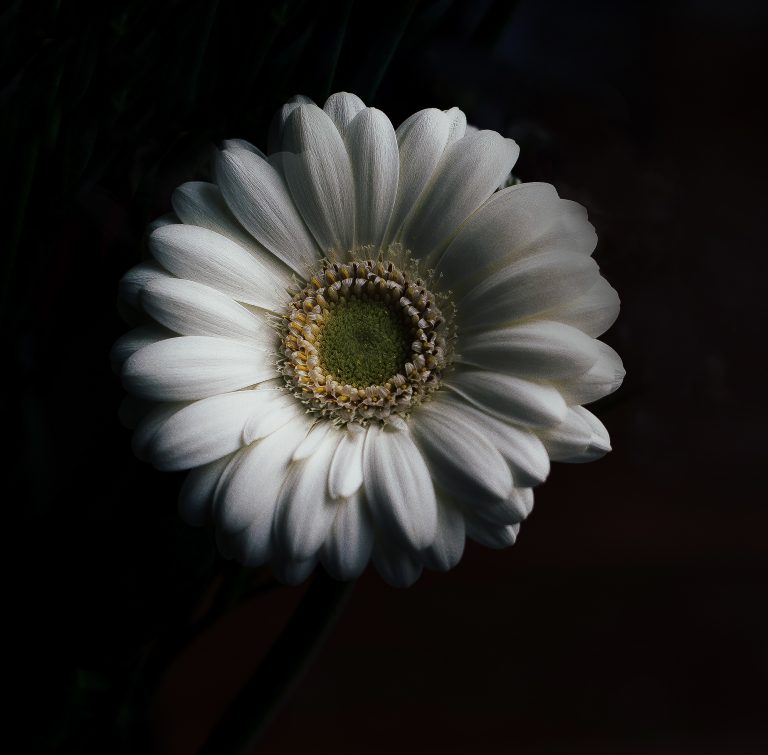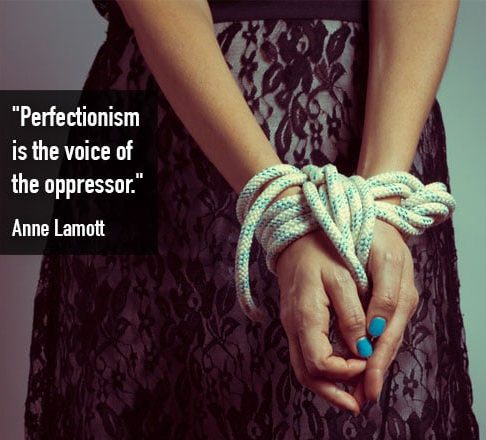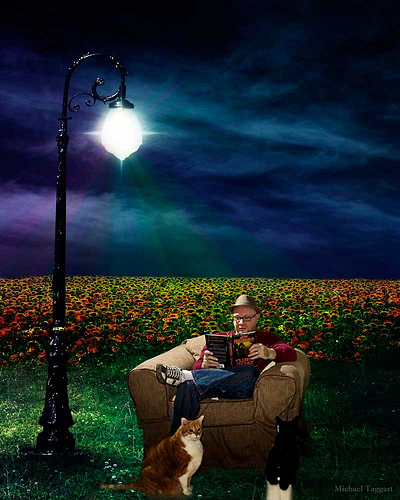How Writers Can Take a Lesson from Late-Blooming Writers
Today’s post is by author J. M. Orend.
Writing is not for the faint of heart. It can take months or even years to create a piece of work, only to have it turned down multiple times for publication.
One way to stay motivated and productive as a writer is to learn about late-blooming authors whose work became better and more recognized later in life. Here are five terrific examples.
Harry Bernstein
Harry Bernstein wrote his best-selling memoir The Invisible Wall when he was in his nineties. The book was published when Bernstein was ninety-six years old. The Invisible Wall became an international best seller and was the most acclaimed work of Bernstein’s life.
What many people do not realize about Mr. Bernstein is that he wrote forty other books in his life prior to The Invisible Wall, none of which made it to publication.
However, buoyed the success of his first published book, Mr. Bernstein continued to write. His book The Dream was published when he was ninety-eight years old, and The Golden Willow was published when he was ninety-nine years of age. Mr. Bernstein continued to write until his death at a hundred and one years old.
Before his literary success, Harry Bernstein had worked as an editor of a construction magazine, wrote freelance articles, and worked on movie scripts. He “retired” at age sixty-two but continued to write. Thank goodness! Otherwise, he would not have been able to enjoy his late-blooming success.
Laura Ingalls Wilder
Laura Ingalls Wilder owned a farm with her husband for most of her working life. Ms. Wilder only started writing around age forty-four, when she was asked to write articles for the Missouri Ruralist.
When Ms. Wilder was sixty-five years old, she published her book Little House, which was based on her childhood. While it took her many rewrites and help from her daughter to get the book published, Little House quickly found an audience and led to a popular book series for Wilder. alls Wilder’s books were also made into the popular TV series Little House on the Prairie starring Melissa Gilbert and Michael Landon.
Frank McCourt
Frank McCourt grew up in a poor Irish slum. He managed to immigrate to New York when he was nineteen years old. He became a high school English teacher and taught in New York for thirty years.
As an English teacher Frank McCourt was always working with language and writing. However, it was only after Frank McCourt retired from teaching that he completed his finest work, writing the story of his childhood.
Frank McCourt’s memoir, titled Angela’s Ashes, was published when he was sixty-six years old. The book sold over ten million copies and has been translated into twenty-five languages. Frank McCourt also won the Pulitzer Prize for Angela’s Ashes.
Not one to rest on his laurels, McCourt continued writing and came out with three more books: ’Tis, Teacher Man, and a children’s book titled Angela and the Baby Jesus. Frank McCourt turned his retirement into a time of late-blooming success.
Elizabeth Jolly
Elizabeth Jolly was trained as a nurse but always had an interest in writing. She started writing in earnest in her twenties, but her work was frequently turned down for publication. In fact, Ms. Jolly’s first book was not published until she was fifty-three years old.
However, after Jolly’s first book was published, she continued writing and ended up publishing fourteen more books, including Mr Scobie’s Riddle and My Father’s Moon. Jolly won many awards for writing and became a professor in creative writing at seventy-five years old.
Wallace Stevens
Wallace Stevens worked as a lawyer and later as an insurance executive. However, he also wrote poetry during his off hours during most of his working life, except when his daughter was young. Stevens returned to writing around the time his daughter turned nine years old.
Wallace Stevens’s poetry matured and evolved as he got older, and his best work was done later in life, between the ages of fifty and seventy-five. In fact, Stevens won the Pulitzer Prize at seventy-five years old for the book The Collected Poems of Wallace Stevens.
Don’t Let Age Stand in Your Way
It is very common for people to stop writing if they believe that because of their age their ability to create valuable work has passed.
By learning about late-blooming writers, it is easy to realize that increasing age and life experience is not a disadvantage but often exactly what a writer needs to help create their best work.
What great authors do you know of who wrote in their late years? How do you think their age helped them write a terrific book? Any books or authors you recommend?
 J. M. Orend is a writer and artist who has written several books, including the recently released title Successful Late Bloomers, which tells about people who achieved late-in-life success and how they did it. You can learn more about her work at her website here.
J. M. Orend is a writer and artist who has written several books, including the recently released title Successful Late Bloomers, which tells about people who achieved late-in-life success and how they did it. You can learn more about her work at her website here.
Feature Photo Credit: melodramababs via Compfight cc












I am very much a late bloomer, having had my first novel published by Transworld last year at the age of fifty. Since then I’ve made friends with a group of writers all debuting over the age of forty. It has been wonderful and well worth the long years of graft and rejections. Persist!
I, too, am a very late bloomer. I had my first nonfiction book published at age 49 and my first mystery published at age 63! It wasn’t that I wasn’t writing. It just takes a long time to get books polished and then published.
Two of my favorite late bloomers are: Penelope Fitzgerald and Elizabeth Stout. And, how about Ferrol Sams. He had to be in his late sixties when he published Run with the Horseman.
Thanks for sharing your thoughts.
Very encouraging post for us in the early-sixties category. “Hope springs eternal.”
Another late blooming writer here, hoping the bud fully opens before I’m seventy. This post really hits home, as I’m tackling the daunting task of launching a writing career in my silver years. It can get discouraging at times and many of my retired friends probably think I’m a bit crazy, but determination has always served me well. The way I see it, I have nothing to lose and everything to gain. Forget the MFA – I’m going for my MFL: Master of a Full Life.
What an encouraging post! I’ve had a lifelong dream of being an author, and felt that I had to give it up to make a living. Now, after an early retirement, I am working on my debut novel. I have been working on this idea, and researching it for a couple of years already. I still have much work to do, and next month will be my 57th birthday!
I was amazed at the number of late-bloomers in the writing community and those who have just started the journey. Wouldn’t it be nice if we all could be each other’s support team? I’m in my mid-sixties,just trying to get my feet wet this year. I enjoyed creating my first draft of my first manuscript with the NaNoWriMo 2013. It really was exhilarating. But now it’s time to get down to business and make it a real story, late-bloomer or not.
I’ve always been encouraged by Mary Wesley, who found success in her seventies with The Camomile Lawn.
Nice to read this. At 78 I am still trying to get it right!
A wonderful post. This is a wonderful way to spend my retirement years. Now I write and travel and write some more. 🙂
Eeeek – I’m in my mid-late forties, still working to achieve my goal and never considered myself a late bloomer – until now. Does the yearning to succeed/be published ever go away? I have a good career in the museum community but still feel unsatisfied with my accomplishments.
I’m pushing sixty and I still have lots of yearnings for greater reach to readers. Why should age get in the way of pursuing wonderful goals?
Thank you for this post. I’ve always found encouragement and reassurance in Mary Wesley’s experience as a late-blooming author.
This is very cheering. Three novels in and my first non-fiction out this year. I have sometimes wondered if the the old brain is up for another novel, but I am looking forward to it nonetheless.
It took a major upheaval in my life to start writing – something I had always wanted to do, but forsook for a ‘safe’ career. My first book was published when I was 49. My second book is due out this year.
Who said it is very common for writers to quit writing when old? Where did that information come from? That’s like saying artists quit drawing when old. Once a writer, always a writer.
This is a very encouraging post. I think age is actually an advantage when it comes to writing. Older people have more life experience than younger people. And what makes for interesting reading is pouring all those life experiences into your writing.
I am 54 and working on my first novel. I feel as if life is really just beginning in my 50’s. I’m excited about getting my first book written and eventually published. Thanks for a great post.